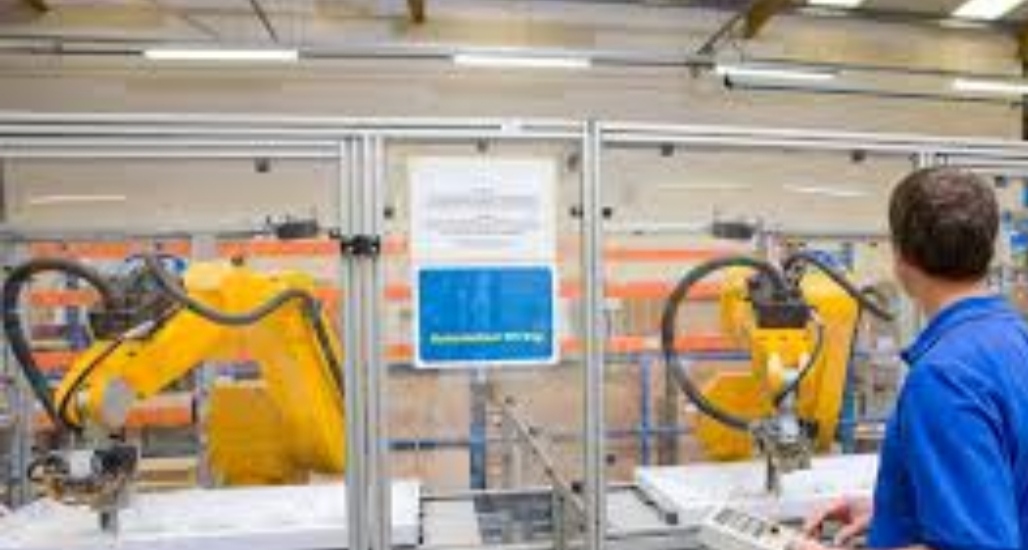What is employee career growth?
Employee career growth is an individual’s progression toward their ultimate professional goals. Career growth outlines their long-term trajectory to advance to their ideal position or title.
Why is employee career growth important?
Investing in employee development helps your team members grow in their careers and has many worthwhile benefits for your business.
Supporting employee career growth can:
Increase employee engagement. Employees who strongly agree they have had conversations with their manager in the last six months about their career goals and successes are 2.8x more likely than other employees to be engaged.
Improve employee retention. Employee turnover remains historically high amid the Great Resignation, and career progression is the number one reason for job hunting. But 94 percent of workers said they’d stay at a company longer if their employer invested in their careers. And 75 percent of employees who receive promotions will stay with the company for at least three years.
Attract top performers. There’s enormous competition for talent right now, with two job openings for every unemployed worker. Since most job seekers are motivated by career progression, you can stand out to skilled talent and high-potential employees by offering career development and progression opportunities.
Prepare your team members for the jobs of the future. Most of today’s jobs didn’t exist in 1940, and 85 percent of jobs that will exist 10 years from now haven’t been invented yet. Supporting employee career development can help you prepare your team members to fill emerging roles at your organization and overcome a current or future skill gap.
Boost the employee experience. Investing in employee career growth will help your team members feel supported and valued, improving employee satisfaction and the overall employee experience.
Improve Diversity, Equality, Inclusivity, and Belonging (DEI&B). Many organizations cite a homogenous talent pool holding them back from building a more diverse workforce. For example, only 29 percent of Chief Executives are women, and only five percent of software developers are Black. Supporting employee career growth can help you develop talent from underrepresented groups to build a diverse, skilled internal talent pool.




